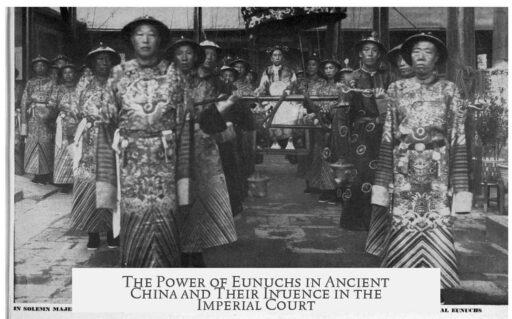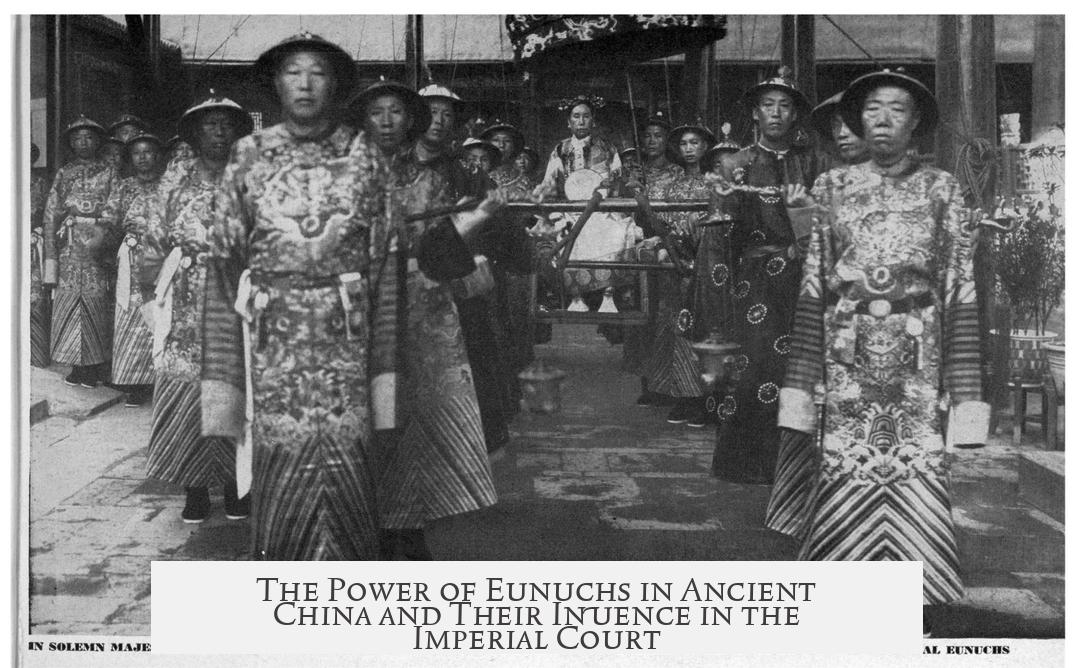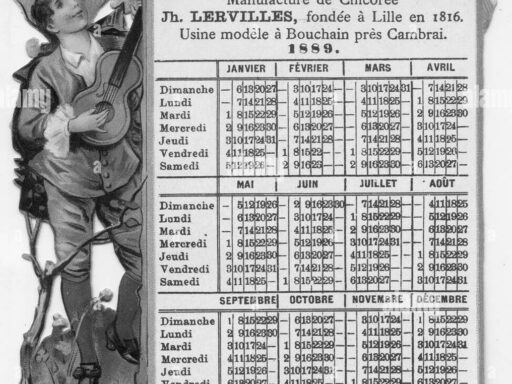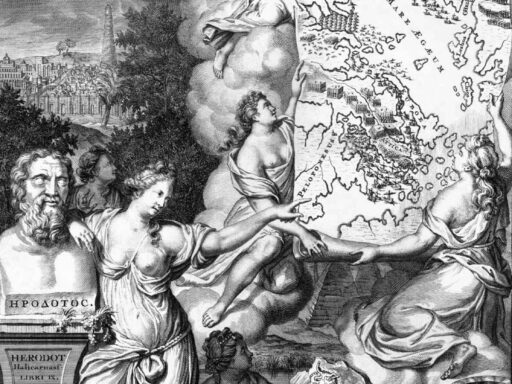Eunuchs in ancient China gained substantial power in the imperial court due to their unique status, loyalty, intimate access, and control over critical court functions. Their inability to reproduce removed typical family ambitions, positioning them as trusted servants with no dynastic agendas. Through close proximity to the emperor and manipulation of communication channels, eunuchs exerted considerable influence on political decisions and the bureaucratic apparatus.
Eunuchs first served in palace inner chambers, performing duties exclusively related to women and domestic management. Their role was initially to ensure loyalty to the emperor since, lacking reproductive capacity, they had no family ties or descendants to promote. This eliminated the risk of them building rival powerbases through kinship alliances. The emperor viewed eunuchs as more trustworthy than other officials, as they could not seduce palace women or found competing dynasties.
The court relied on eunuchs to tend to daily personal needs of the royal family. They managed servants, oversaw household logistics, and even acted as personal messengers for imperial edicts in provinces. These vital functions granted them a position indispensable to palace operations. Their literacy and administrative skills effectively rendered them a de facto bureaucratic class, enduring through successive emperors.
Crucially, eunuchs enjoyed unparalleled access to the emperor. Often raised or serving alongside the ruler from childhood, they became familiar and trusted confidants. Eunuchs wielded influence by shaping the information that reached the emperor. They filtered ministerial requests, guided royal opinions with constant informal counsel, and controlled audiences by granting or denying access. This gatekeeping empowered them to promote allies and suppress adversaries within the government.
Their operational control extended to managing imperial decrees and official documents. Eunuchs handled the documentation and dissemination of orders, enabling them to forge or manipulate state directives if necessary. This ability was exemplified by the Sweet Dew Incident when eunuchs foiled a coup, arrested the emperor, and issued forged decrees asserting their authority. Their involvement in such decisive events demonstrated their capacity to independently direct imperial power.
Despite their social stigma and physical mutilation, eunuchs sought to maximize their limited lifetime advantage. They could not inherit dynasties but sometimes adopted heirs, securing legacies and influence. Many strategically built external alliances, including with powerful Buddhist monasteries, to bolster their standing. Their long tenure in court and accumulation of experience also gave them institutional knowledge that was unmatched by transient officials.
Emperors often miscalculated eunuchs’ ambitions. While eunuchs lacked family ambitions, their drive for survival and comfort led them to amass immense wealth and influence. This ambition fostered factionalism and court intrigue. At times, eunuchs controlled military forces, defeated rival officials, and even enthroned or assassinated emperors themselves, as during the late Tang Dynasty.
Historical examples highlight eunuchs’ political dominance:
- During the Han Dynasty, eunuchs manipulated succession and purged opponents, contributing to the dynasty’s decline.
- In the Tang era, eunuchs commanded palace armies and eliminated over a thousand conspirators in an effort to maintain power.
- By the Ming Dynasty, eunuchs had created their own expansive bureaucracy rivaling officials, with thousands employed and eunuchs like Wei Zhongxian acting as dictators.
Their power originated from a paradox: excluded socially yet indispensable and trusted intimately by the emperor. This unique position allowed eunuchs to influence imperial policy, control court access, manage critical operations, and act autonomously, leading to significant political power and, at times, domination of the Chinese imperial court.
| Key Factors in Eunuchs’ Power | Details |
|---|---|
| Loyalty due to no family ties | Incapable of reproduction which reduced dynastic rivalries and made them depend on the emperor. |
| Intimate imperial access | Close daily contact, trusted from childhood, allowed constant influence on emperor’s decisions. |
| Control over court operations | Managed communications, decrees, audiences, and palace staff logistics. |
| Independent action | Could deploy palace forces, forge decrees, and effectively rule behind the scenes. |
| Bureaucratic expertise and longevity | Educated, literate, and served across dynastic changes, forming a stable administrative class. |
| Ambition and alliances | Built external support, sometimes adopted heirs, and leveraged religious and military power. |
- Eunuchs’ lack of reproductive interests made them initially trusted by emperors.
- They leveraged intimate access to guide imperial policy and control information flow.
- Operational control gave them ability to manipulate communications, audiences, and decrees.
- Independent military and bureaucratic roles enabled eunuchs to dominate court politics.
- Despite social stigma, eunuchs often amassed political power rivaling or surpassing officials.
1. Why were eunuchs trusted more than other servants in Ancient China?
Eunuchs were trusted because they had no families or offspring to favor. This meant they were seen as loyal only to the emperor. Their lack of personal legacy made them less likely to seek power for themselves.
2. How did eunuchs gain influence without formal power?
They had close, daily contact with the emperor, often influencing his decisions. Eunuchs spoke to the emperor in private and shaped his opinions quietly. This gave them control over policy behind the scenes.
3. What roles allowed eunuchs to control court operations?
Eunuchs managed court routines and controlled access to the emperor. They decided who could meet the emperor and handled imperial documents. This control let them block or promote officials.
4. How did eunuchs expand their power beyond the palace?
They built support among officials by promoting or blocking them. Eunuchs acted as the emperor’s representatives in provinces and sometimes controlled military or administrative tasks. This widened their influence.
5. What enabled eunuchs to remain powerful over many generations?
Eunuchs formed a stable bureaucracy. While emperors changed, eunuchs stayed in place, carrying on duties. Their education and experience made them indispensable for daily governance and imperial work.




